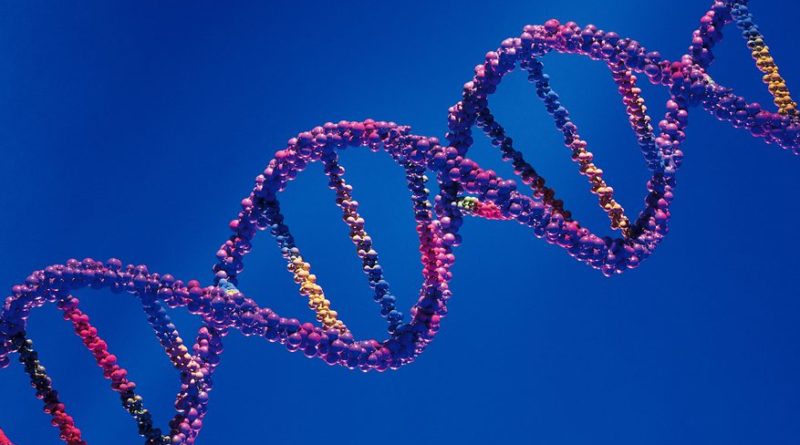Pros and Cons Associated With Recombinant DNA Technology
There is no doubt to the fact that DNA is known to exist within the cells of all the living beings. They are the long amino acid chains, which are responsible for serving as a genetic blueprint for every individual living organism. DNA is known to control how they are going to form before the birth of an individual and decide on the traits that they will be passing on from the parents to the kids. Recombinant DNA technology is basically combining the genetic materials from numerous sources.
This process is responsible for creating different kinds of living beings or altering the code of the organisms that already exist. This process is also known as genetic engineering, and it is known for the different benefits that it has. However, there are various disadvantages as well, and it is important that you know both about the benefits and the disadvantages of this procedure.
Recombinant DNA Technology Pros and Cons
Recombinant DNA technology Advantages
Recombinant DNA technology is responsible for benefiting individuals in numerous ways. For instance, scientists have already made artificial insulin for diabetic people, who are unable to produce insulin, which is crucial for processing sugar. According to Everyday health, 18% of people are interested in managing the sugar levels in the blood. Animal insulin was considered but it was discovered that it is not the suitable replacement for the body because of the diverse allergic reactions that it causes.
Therefore, the scientists made use of genetic engineering for isolating the gene in order to produce human insulin and inserted it within the plasmids. The plasmids were inserted into the bacterial cells, which were responsible for creating insulin on basis of the genetic code of the humans. Most people are interested to know, in the context of recombinant DNA technology, of what use is a probe?
Another important benefit was improving the production of food. Vegetables and fruits that were frequently attacked by the pests are known for the genetic modification that has been made by the scientists. This has made them resistant to the pests and they also have high nutrition content and long shelf life. These advancements were responsible for increasing the crop yields, which meant that food was available even after the growing cycle ended.
Scientists are also working constantly for improving the vaccines as well as producing new ones by using this amazing technology. DNA vaccines, as they are called, are still being tested. These vaccines will be helping to protect people from the deadly disease cancer as well as prevent diabetes.
Recombinant DNA Technology Disadvantages
The disadvantages of this technology are considered to be ethical. Numerous people have the feeling that this technology is going against nature and the unique laws that it has or against the diverse religious beliefs of people.
A number of people also remain worried about the food that is being modified and wonder if it is safe for consumption. People are also worried that tampering with the genetic material after an extent can lead to various societal problems as well.
Conclusion
Recombinant DNA technology is probably one of the best technologies that have been introduced. In the future, it will also help in eradicating certain diseases that are leading to numerous deaths all over the world.




